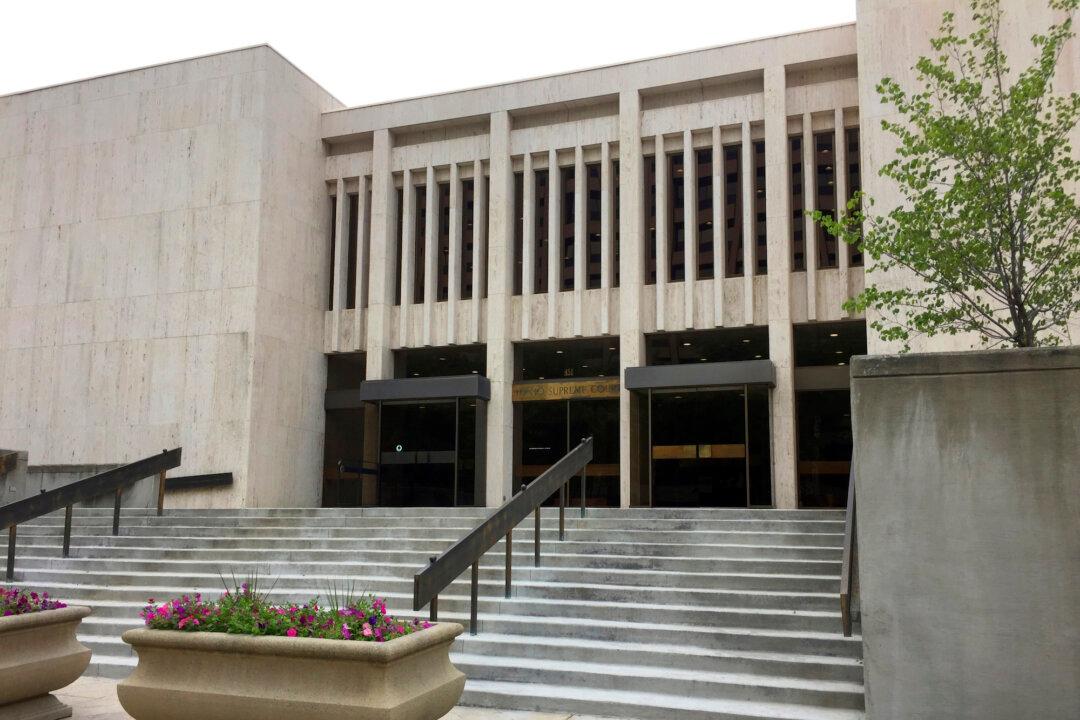Idaho’s highest court has dismissed the state’s bid to stop a ballot initiative that would create open primaries and ranked-choice voting if approved by voters this November.
In an opinion handed down on Aug. 13, a five-judge panel of the Idaho Supreme Court dismissed Attorney General Raúl Labrador’s lawsuit seeking to block the measure, dubbed Proposition 1, from going up for vote.





